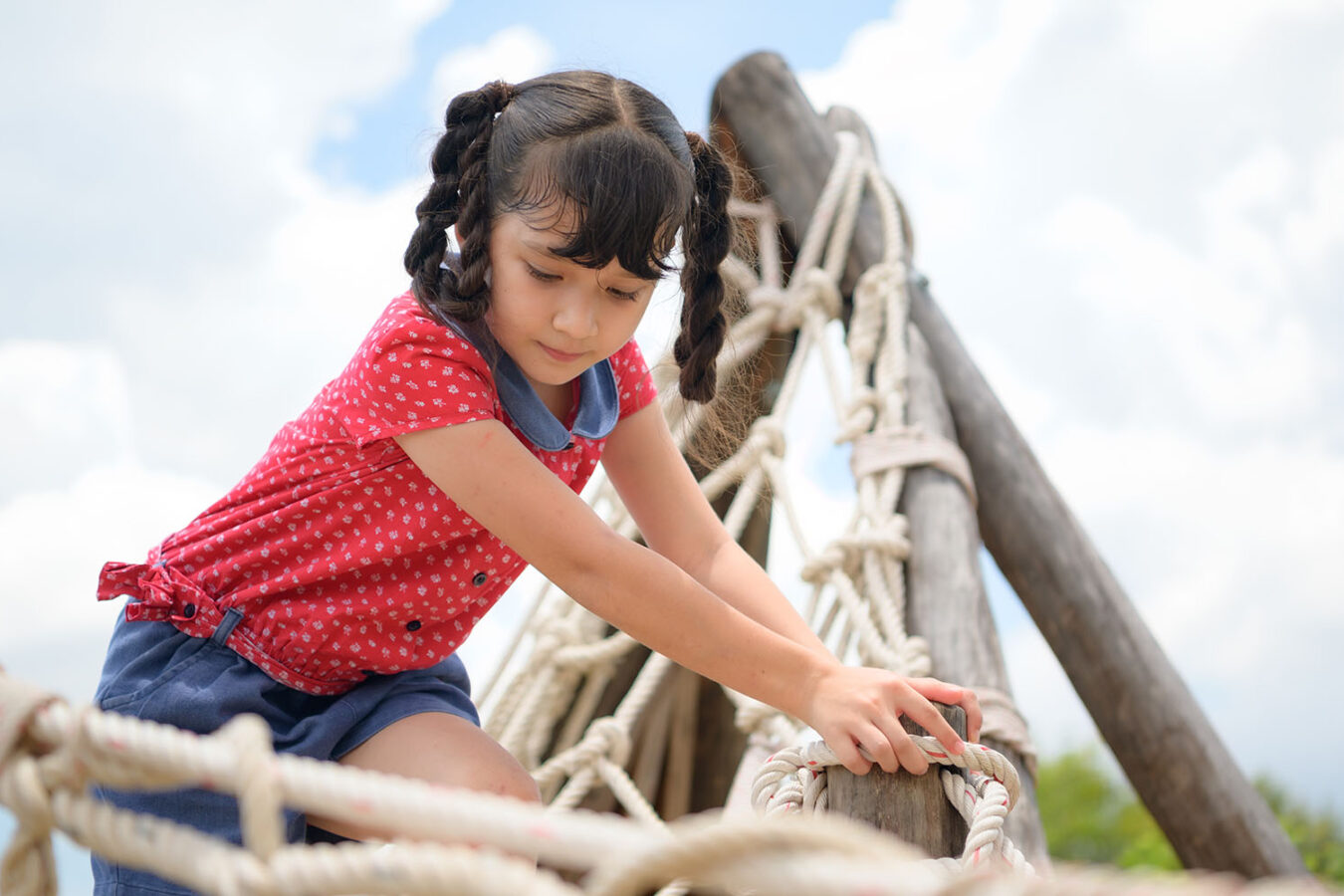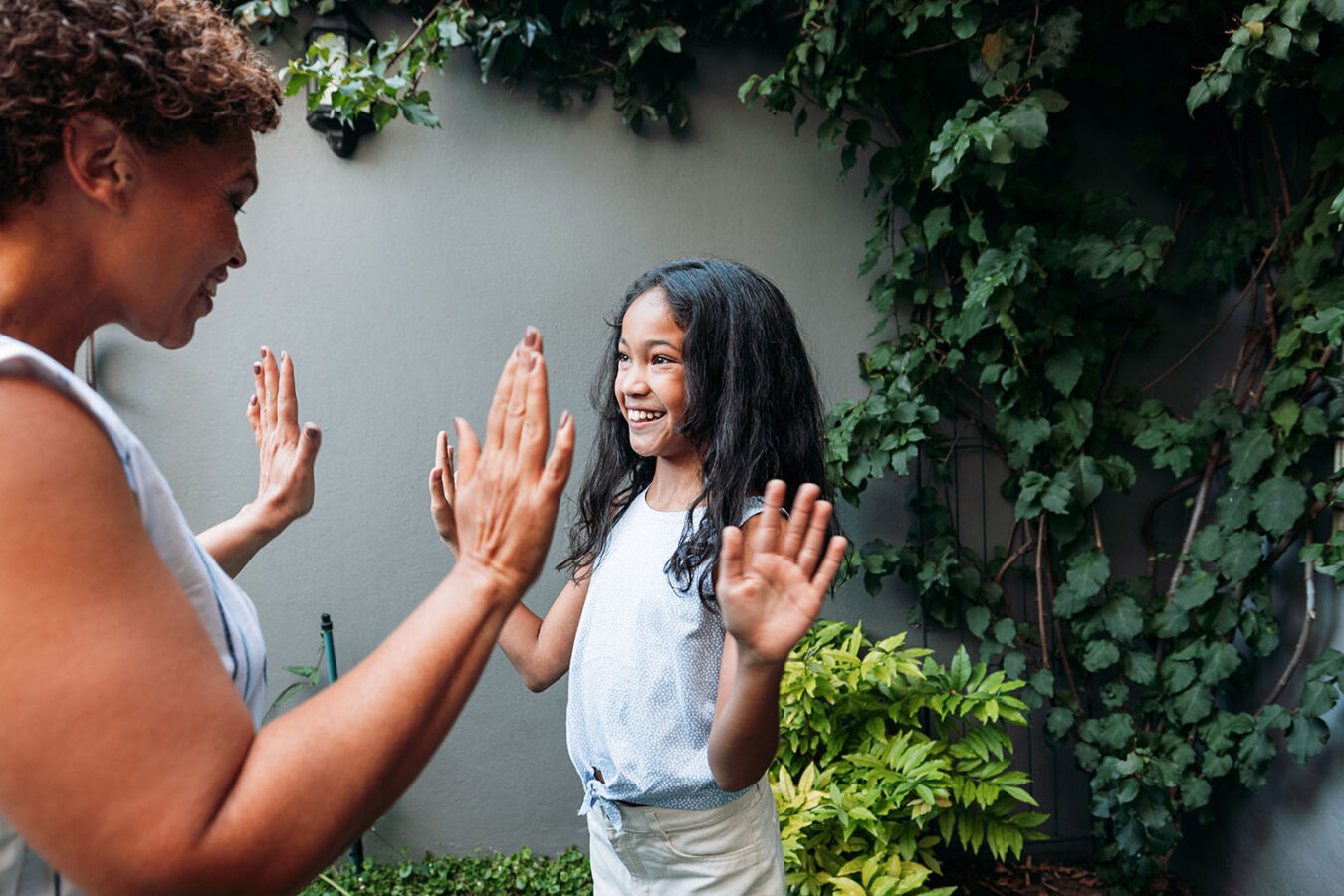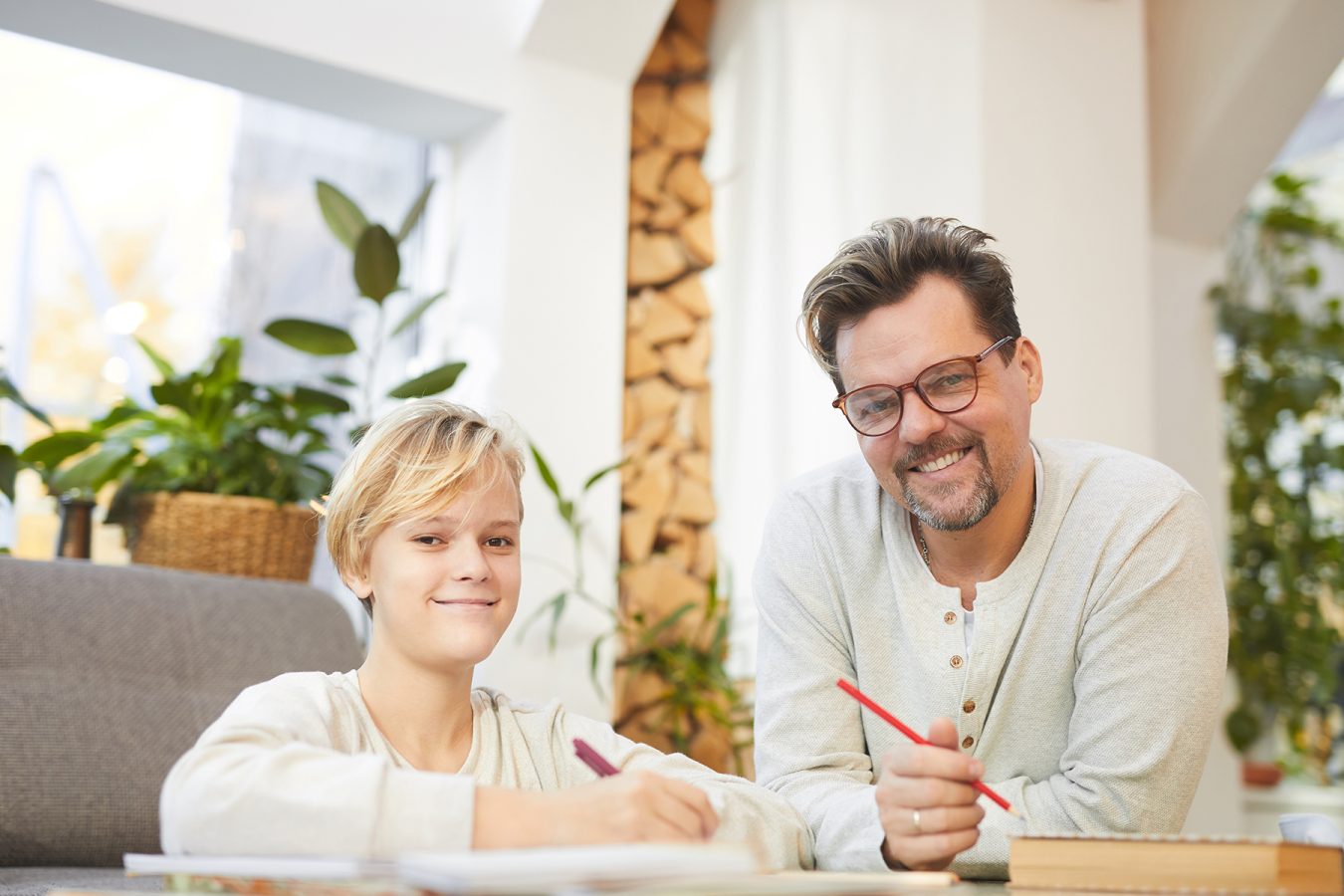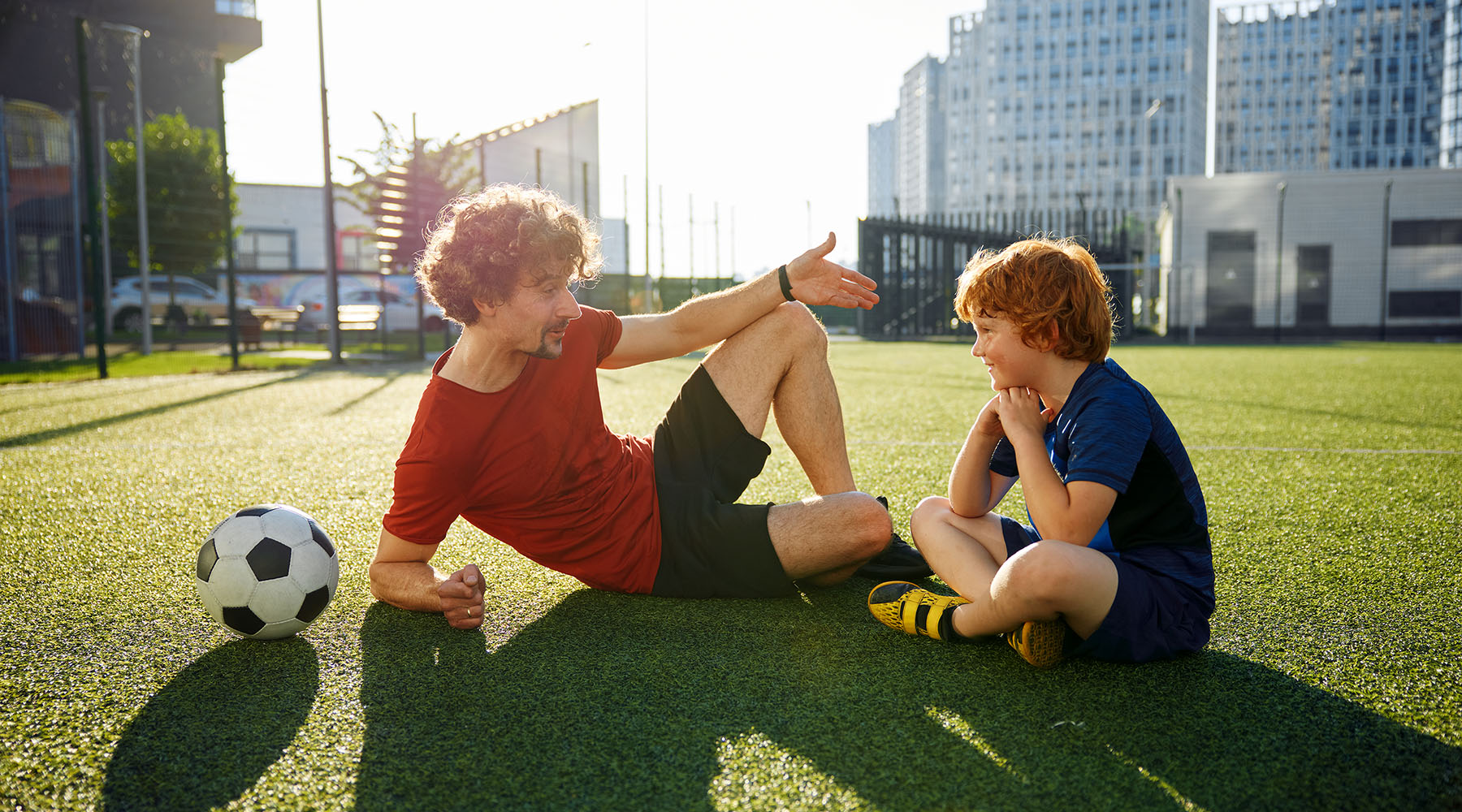
Maggie Dent shares her tips for helping your teens see failure through a growth mindset and develop the grit to bounce back after a disappointment.
Every caring parent wants to protect their children from any form of suffering. This is a biological drive that exists to ensure the survival of our children and consequently, the species.
This drive has seen one of the most significant changes in the parenting landscape in the past few decades and, while this shift comes from a space of love, it comes at a price for our kids. I am talking about our avoidance of risk and disappointment. We stopped letting them roam the neighbourhood unsupervised til sunset. We gave everyone a prize in the game of Pass the Parcel instead of having just one winner. We ripped out dangerous playgrounds so our kids could stay safer. The irony is that children are biologically wired to take themselves to the edge of their own fear whenever they play. By removing the capacity to stretch and grow in bravery, and by marinating parents in the fear of risk, we now have generations of kids and teens who are less brave and less resilient.
Not only that, but the self-esteem movement also sent really strong messages about the power of positivity, praise and encouragement. Not that that’s all bad. Many old parenting paradigms were based on fear and punishment and were pretty harsh — they needed to change as the science of child development gave us evidence of better ways to raise little people.
Many children have been saturated in positive praise in the belief that it will help them grow up to be healthier and happier. I once heard a mum at a playground praise her son for “good smiling!” It seems that there are unrealistic pressures on parents to ensure their children are happy all the time.
That is not only unrealistic, it is developmentally abnormal. We all have times when we feel upset, angry, disappointed or frustrated and it’s important to allow all those big feelings to be valid and accepted.
Part of the growth and development of babies and toddlers is growing in their ability to manage big feelings and the unpredictable nature of growing a mature executive brain. So what happens when we don’t get that learning early? Additionally, now that childhoods have less play, especially free autonomous play in the natural world, our kids learn less about the social and emotional skills of being a human. The minor bumps and bruises, and grazed knees that occur when playing vigorously with others are often viewed as a sign of poor parenting rather than effective parenting.
These moments all help build grit and an inner confidence that helps us right through life.
Managing and learning from failure is a huge life skill, as is recovering from painful experiences. These patterns, whether healthy or unhealthy, will tend to stay with individuals for life — and that goes for unhealthy patterns if we are not given some support to change them during the vital teenage years.
True self-determination and confidence can only occur when an individual uses their own autonomy and life skills to overcome challenge or achieve success because of their choices and behaviours independently of others—sometimes in spite of others!
A common response from a loving parent when our kids or teens muck-up, fail or make a poor choice is to sweep in and fix it or rescue them. The journey over the bridge to adulthood is a significant one through which our emerging adults need to learn how to navigate the ups and downs of life as independently as possible. Resilience is when individuals learn the capacity to manage their life and especially to adapt to challenging situations.

Failure is not all bad
The best way to become emotionally competent is through experience. We can read great books and have many conversations, but it is really in the experience that we can feel and embody what it’s like to be deeply disappointed or super frustrated when something hasn’t gone how we want it to. Without these experiences in childhood, often our kids can learn the art of avoidance – which is to take the fear of failure deeper into their lives.
Some of the things they can learn to do are:
- Not commit 100 per cent (‘I wasn’t trying’)
- Keep the game going forever
- Destroy the game
- Cheat
- Keep others from winning
- Be nice and try a bit
- Be the judge/critic – argue a lot
- Be perfect and try ridiculously hard
- Become a problem (mental/physical illness, drug and alcohol addiction)
- Refuse to play or have a go at all
- Quit.
Teens on the bridge to adulthood want to make more of their own choices, especially risky choices, and they often reject parental guidance, so how do we encourage them to embrace the positives of failure and not to be crushed? How do we teach them to lose well?
Hopefully, by the time your kids are teens you have had many opportunities in your home to talk about winners and losers, especially in relation to things happening at school or in sport. It’s helpful to affirm the importance of turning up and having a go or the power of participation – especially when you have no chance of winning. If you haven’t been doing this, start now.
The next message that can be helpful is practice matters because it improves performance.
The more we train, the more we rehearse, the more we study , the more we strive, the more we persevere – the better we perform.
You can model this yourself by attempting something new – following a recipe, flipping pancakes or making fresh pasta – and notice that your first efforts can be improved on. You can also do this by growing vegetables, learning a musical instrument, playing Scrabble, Uno, or one of my favourite quick turnaround games, Spot It.
Maybe share stories of famous sports stars who failed and then, after training more, achieved their goal. Michael Jordan is a good example of someone who says the only reason he succeeded in life was because he had failed many times.
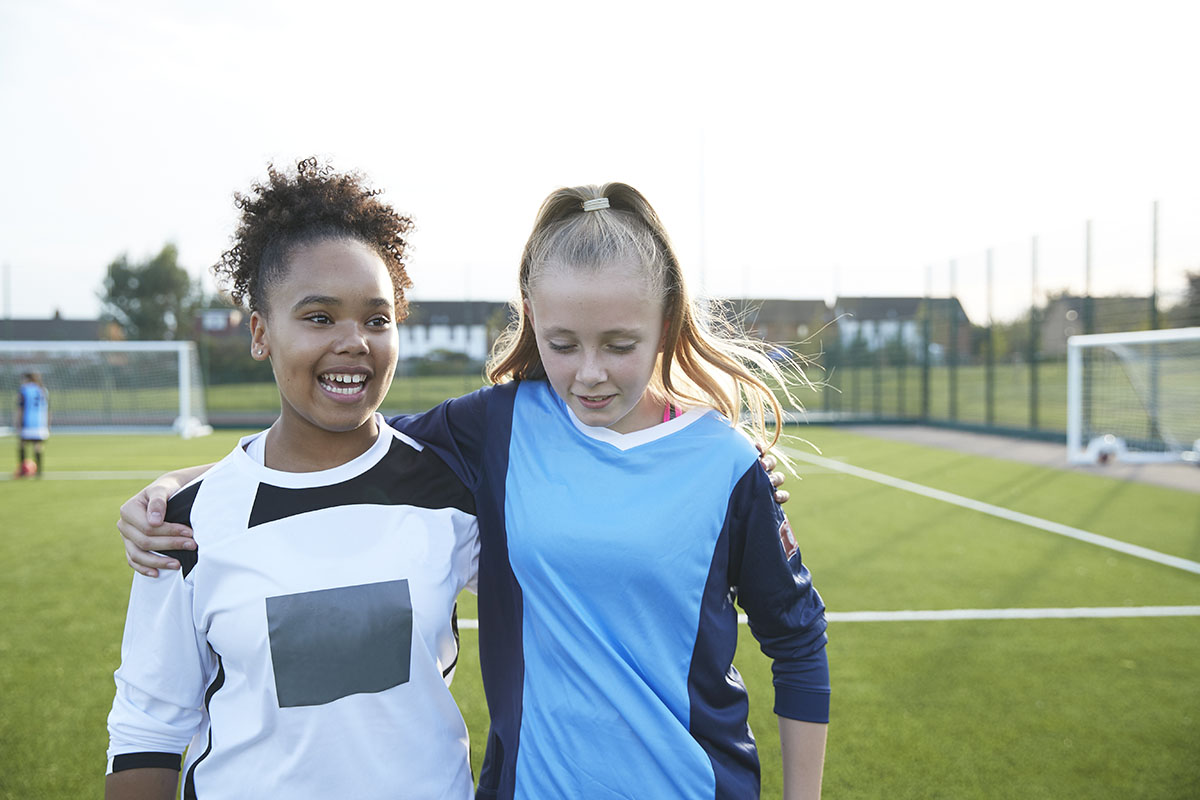
Adversity and hard times are not all bad
Many of the most successful, competent and influential people in the world are that way because of adversity in childhood. Adversity can help us develop a social conscience and understanding of the need for change to existing cultural attitudes. Sometimes a moment of failure can actually open other unexpected doors.
My oldest brother was kicked out of high school and after going back to the farm, he went to an agricultural college. He discovered he could learn and decided to become a vet. Unfortunately, in WA at the time, there were no veterinary degrees available so it was suggested he study first-year medicine and then transfer to vet science. He found he loved medicine and went on to become an exceptional emergency doctor.
The ability to overcome setbacks, disappointments or failure can be determined by minimising (not completely avoiding) risk, and building protective factors and/or patterns of behaviour that help us move forward. Any teen can make a spur-of-the-moment decision that can be fatal, regardless of their school grades or prior patterns of behaviour or who their family is.
Because of the huge brain changes they are undergoing, we must not assume that any teen is reliably and consistently capable or resilient, nor that they are able to make safe decisions.
Neither vulnerability nor resilience are fixed constructs. We are all at risk of life and my own spontaneous, unplanned adolescent suicide attempt is an excellent example of that.
I have worked with parents who have threatened to ground a teen ‘for the rest of their life’ when they have broken a curfew or deliberately lied. This may not be the best way to help a teen to learn from the experience. They may just become angry and resentful, which tends to make them rebellious.
Remember, every experience is a learning opportunity, especially the failures, disasters and muck-ups.
Instead of punishment and lectures, use that moment as a teachable opportunity. My latest book Help Me Help My Teen is written to show parents exactly how to do that in many challenging moments.
On my bumpy ride through adolescence, I was a moody teen, and I often struggled and felt like the world was against me. I wished my ride had been smoother and that I had made fewer mistakes. Only as an adult did I realise it was because of my bumpy ride that I am who I am today.
This raw video from Australian boxer Harry Garfield captures so much truth about failing.
We must always remember our teens are creating a sense of their own identity in this adolescent window, and every success and every failure creates a narrative in that teen’s mind.
Increasing their competence and capacity to cope with hard things helps them.
Seriously we can educate our teens that failure and setbacks are a normal part of life and that, once something is learned from experience, they can move on. Rather than seeing such moments as signs they are incapable, flawed or (worse-still) useless, we as the safe grown-ups in their lives, can help them realise that these are actually significant opportunities for growth. No, really, we can.
What is beyond important for our teens is to have at least one safe parent or lighthouse figure who cares and will always have their back…no matter what.
This article was reproduced with permission and originally appeared at maggiedent.com.
About Maggie Dent
Maggie is one of Australia’s favourite parenting authors, educators and podcasters, she is the host of The Good Enough Dad podcast and has hosted six seasons of the award-winning ABC podcast, Parental As Anything. Maggie has a particular interest in resilience, the early years and adolescence. Commonly known as the ‘queen of common sense’, she is an advocate for the healthy, common-sense raising of children in order to strengthen families and communities. She is a passionate, positive voice for children of all ages.
Find out more at maggiedent.com
Help Me Help My Teen
Maggie has just released her final parenting book Help Me Help My Teen: Supporting our teens through tough times. Help Me Help My Teen is a reassuring, practical guide for parents to help teenagers navigate adolescence and grow into confident, capable adults.
Available in print, e-book and audio book formats here.
Like this post? Please share using the buttons on this page
Stay up to date with our newsletter here